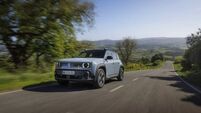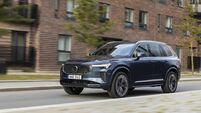Wheel's & Deals: BMW introduces the new 2 Series Coupé
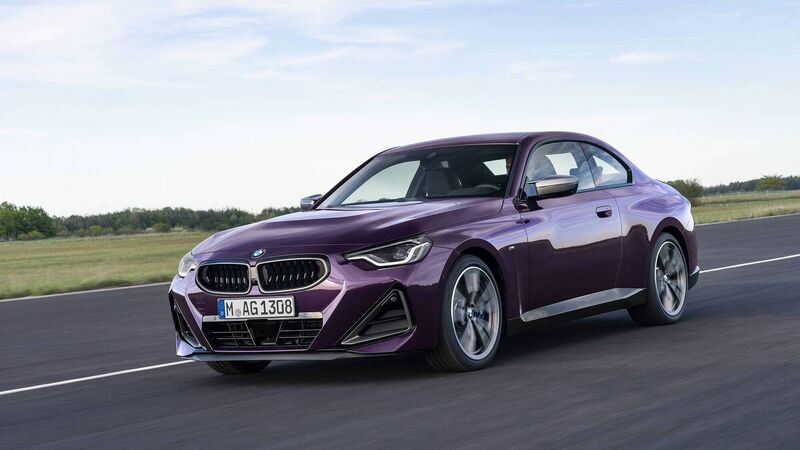
New BMW 2 Series Coupé
- the petrol 220i, with a 2.0-litre turbo four sending 181bhp to the rear axle;
- the 220d, with a mild-hybrid 2.0-litre diesel four making 188bhp;
- the M240i xDrive, which has a 3.0-litre petrol straight-six and four-wheel drive.
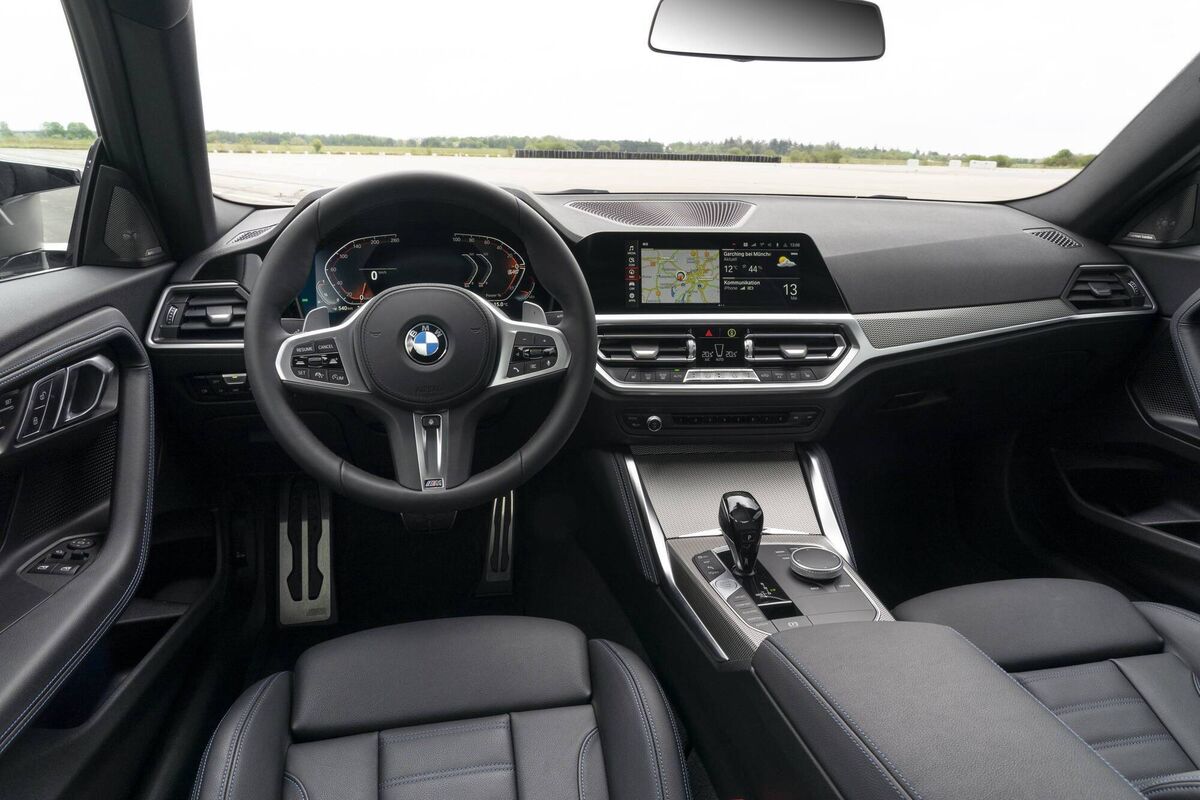
While remaining true to the overall silhouette of the previous car, the new 2 Series Coupé has been redesigned to bring it into line with newer BMW models, such as the 3 Series and Z4.
Orders for the new 2 Series Coupé will begin in early 2022, with the 220i opening the line-up at €48,515, climbing to €49,675 for the 220d and €70,485 for the M240i.
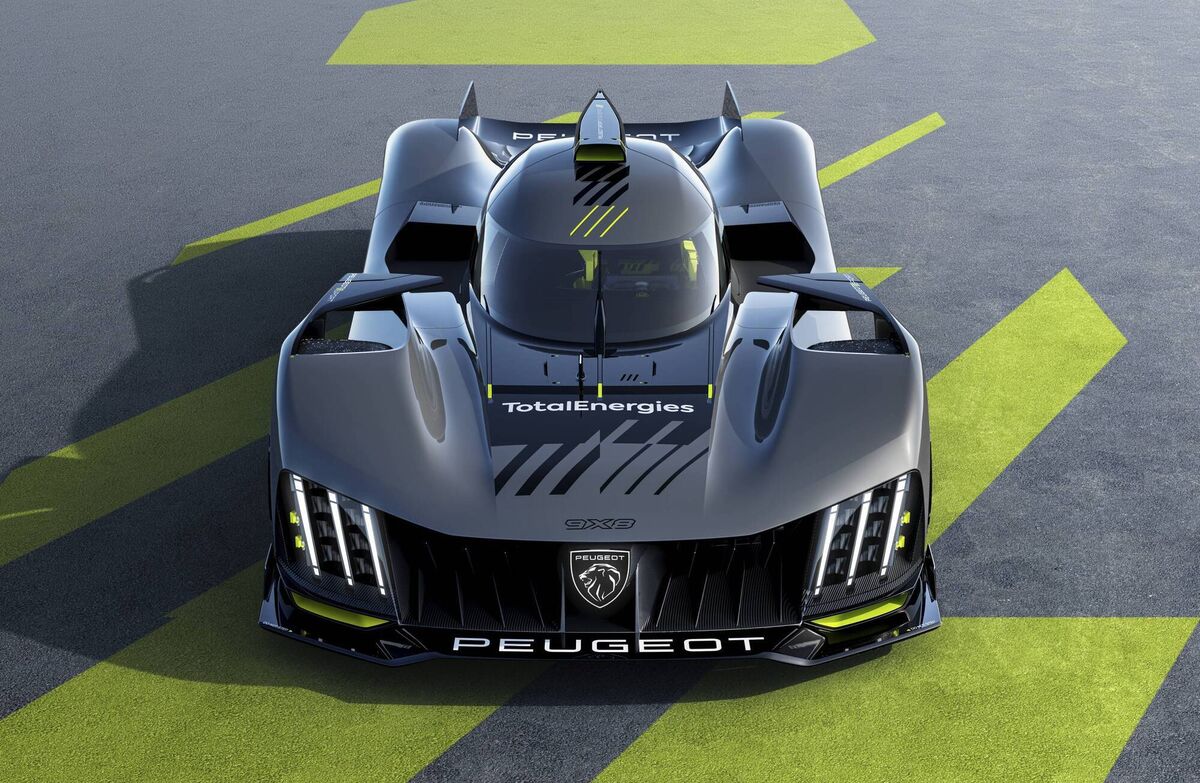
Peugeot has taken the wraps off the stunning, new 9X8, its latest-generation hyper-car challenger, which will make its competitive debut in the FIA World Endurance Championship in 2022.
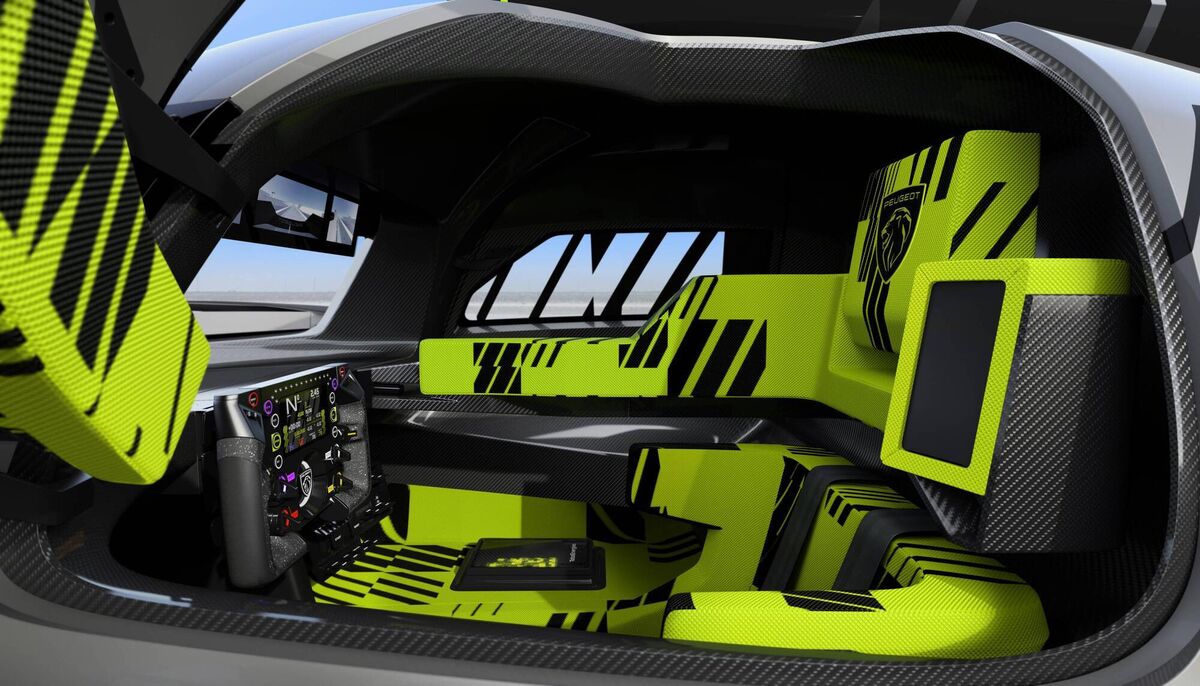
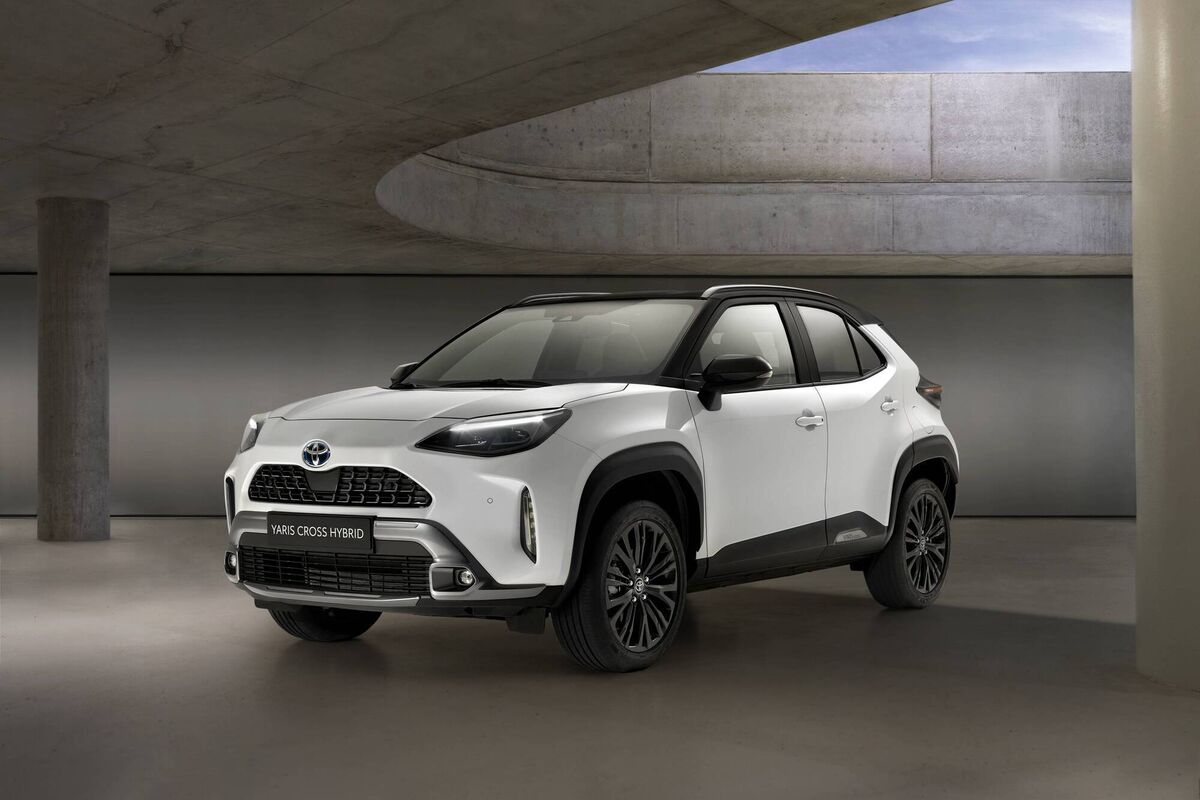
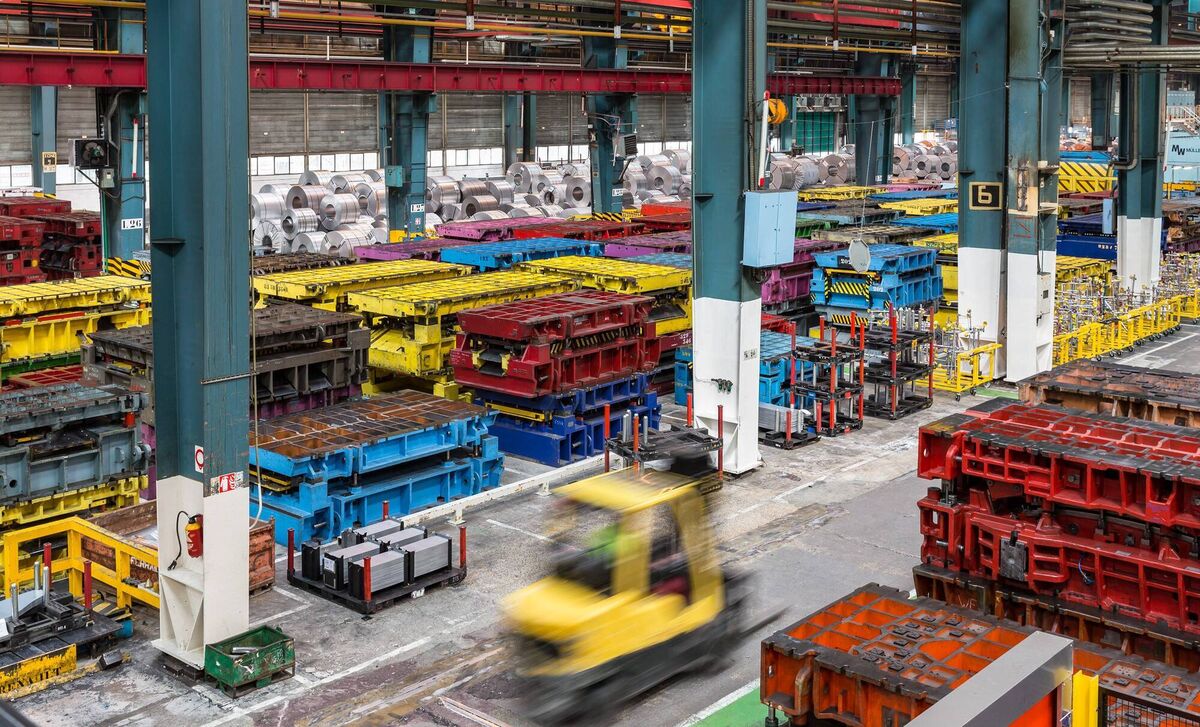
- firstly, to enable the deployment of a robust and coherent industrial project for all three plants;
- secondly, to achieve operational excellence by relying on a managerial model, a social model, and the modernisation of production sites;
- thirdly, to develop the attractiveness of the northern industrial cluster to build an infrastructure for key electric vehicle components.
